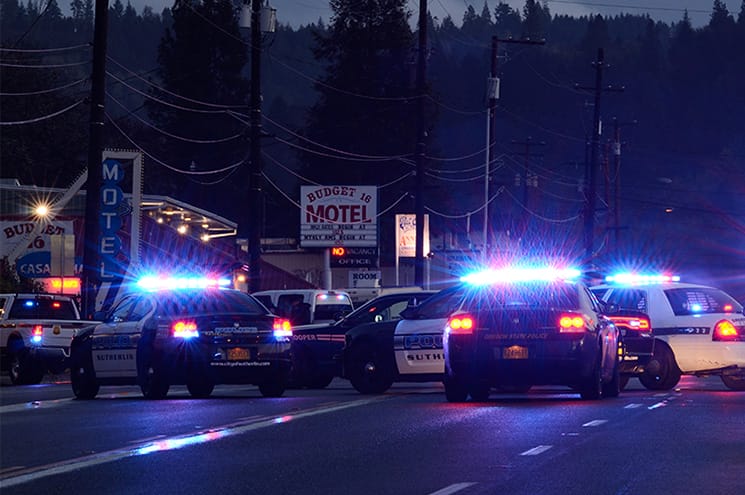Policing and the Power of Mindfulness

Police, paramedics, and firefighters—they work in high-stress situations that can have damaging consequences for their health and decision-making. A new study shows that patterns of cortisol—the hormone that regulates the body’s stress response—among police officers suggests how chronic and acute stress and trauma make them far more susceptible to cardio-vascular disease.
Along with the physical effects, the psychological and emotional abilities to make sound decisions under pressure can be compromised as well.
Drucker School of Management Associate Professor of Practice Jeremy Hunter has teamed with Richard Goerling, a detective lieutenant and founder of the Mindful Badge Initiative, to give public safety leaders training in contemplative practices to help them in their leadership roles and decision-making, especially in the midst of an intense crisis.
“Most leaders rarely consider the ‘inner game’ they play and how it translates to outer action and effectiveness,” explains Hunter, who is also founding director of the Executive Mind Leadership Institute.
Recently, Hunter and Goerling launched a program with an all-day workshop—attended by police officers and chiefs from several Southland cities—at CGU DTLA, the university’s classroom space in The Reef building in downtown Los Angeles.
“The mind and body are intertwined in human performance in an operational landscape such as policing,” Goerling explained. “The body follows the mind and vice versa. Stress and trauma have significant, cognitive deleterious impact.”
Together, they are teaching public safety leaders how to introduce awareness practices into their daily experiences as a means of cultivating compassion, expanding capacity for sense making and decision making, and enhancing resilience in the midst of difficult situations.
The inaugural event was a success, said Hunter and Goerling. A two-day workshop is scheduled for February 2018 to address this need in law enforcement.